"I like the Sentinel role because I feel I read the game flow well, when to lurk, when to be proactive. Sentinel suits me"
After a year of ups and downs and changes to his team, Nathan "nataNk" Bocqueho reflects on his journey, from his time on the bench at Leviatán to signing with KOI and finally the team's departure from VALORANT VCT EMEA. He discusses what he has learnt, the areas in which he believes he can have the greatest impact on the server, and his decision to focus on finding a close-knit team and committing fully to the next stage of his career.
In July, you told Sheep Esports the main objective was to reach VCT EMEA playoffs. With hindsight, what did the team lack most?
Nathan “nataNk” Bocqueho: "We weren’t far off. For example, against NAVI on Icebox, we could have won. In my view, we made too many composition changes. Early on, I played seven agents across seven maps. Then, to prepare a surprise for Karmine Corp for our third match, we were asked to change five of those seven. I had to redo all the prep, adapt as fast as possible, grind VODs at night, barely queue ranked, and relearn role knowledge on the fly. I regret saying yes to so many adjustments; there were simply too many, and it hurt my performance. As a team, I think we could have done much better. I did well on Vyse. I like the Sentinel role because I feel I read the game flow well, when to lurk, and when to be proactive. Sentinel suits me.
You once said English comms were your biggest area to improve. What did you implement, and how did it affect your in-game info flow?
nataNk: It wasn’t a real problem. I underestimated the adjustment at first, but week by week it improved. Once you know how your teammates speak, their accents, and how they phrase things, it becomes manageable.
You joined Leviatán at the end of 2024, and in March 2025, the team let you explore options after a tough Kickoff. What do you take from your time in the Americas in a sporting way and personally? What would you have tried differently?
nataNk: I regret that we didn’t try to fix issues together. Conversations happened, but not with me involved. The benched surprised me. Ideally, the coach and IGL come to me and say, “We prefer you to do X or Y, here’s what we expect.” I don’t think the team's identity reflects how we wanted to function. That was made clear enough. I regret that.
When you arrived at KOI, how did the rapid integration into a restructuring five go, and what about the working methods and team environment?
nataNk: After the bench at Leviatán, I needed a tight-knit roster like the old Gentle Mates group, where we felt like brothers. I had those expectations: reuniting with baddyG (Kamil Graniczka), working with a friend, and a project that would click. In the end, the team environment wasn’t great. It affected me mentally, and I didn’t feel comfortable. We all could have handled that better. Some people in the team had very high expectations. We put a lot of pressure on ourselves. Results come when you take some of that pressure off. Because we piled it on, small things that went wrong quickly created frustration, added stress, and heated moments we didn’t need.
You balanced seven agents and worked on them regularly. With hindsight, where are you most impactful for a top EMEA team, and why?
nataNk: I’m highly impactful with flashes, and I enjoy the flex role in general. On some maps, you need a Duelist, on others, a reveal, in another project, maybe I’m the flasher. It also depends on the IGL. If the IGL prefers to play reveal as the flex, I’ll take flashes; if he wants flashes, I’ll handle reveals. I adapt well, but this season I did it to excess. I said yes to everything. A player like crashies (Austin Roberts) on Fnatic sticks to reveals and focuses on two or three agents. That concentration helps.
Let’s revisit the BO versus Fnatic you said was decided on details, especially on Haven and Sunset. Do you still think it came down to fine margins, or was there a deeper issue that grew over the split?
nataNk: Looking at our season, we can still be proud of parts of it. We pushed big teams like Team Liquid, Fnatic, and could have taken a map. Ascent could have swung our way. Haven truly hinged on one or two pivotal rounds. We took a map off NAVI as well. We made the top teams sweat. Overall, a fairly positive showing, but we could have done much better without the small mistakes.
KOI’s won only one match, against Apeks. What did that match illustrate about the team’s progress, and what still showed you might be close to your ceiling?
nataNk: That win reset our mindset and belief that we could do good things. Personally, I finally felt I was performing at my level. I had a very strong Ascent on Yoru. I wasn’t even hyped about the result because that’s the standard I expect. It was frustrating because I know I can do that consistently, and some things could have been handled differently to help me perform that way more often. I know I can produce that consistently. But if my agent changes too often with too little preparation, like before KC when we had one week to work five different comps on five maps, it’s hard. We wanted to surprise them on every map, which spreads you thin. I can entry and find first kills as Yoru, but I’m also comfortable being aggressive as a non-Duelist flasher. The role itself isn’t the issue, it’s the amount of change.
From the staff side, what stood out most after joining KOI?
nataNk: I genuinely enjoyed working with the coaching staff. On the game itself, they know what they’re talking about. simoz (Simone Giovannini) is one of the coaches I’ve learned the most from macro, how he sees the game and the meta. He labels concepts precisely, tempos and so on, which helps players understand and implement what he wants. He’s very good at structuring the team, and I learned a lot.
You’re close to baddyG. How did his on-stage energy affect the group dynamic, and how did you split shot-calling?
nataNk: In this project, flyuh (Xavier Carlson) often wanted to call everything; first calls and mid-round are based on the information we provided. That can work, but I don’t think it’s optimal. I’d rather have a primary caller and then at least one other player, often the lurker or another informed voice, adapting the mid-round based on what they see. Two voices are better than one there.
At the end of August, Riot announced KOI would be out of the VCT. Were you already free, or did you learn it with everyone else? How did you take it?
nataNk: I learned it at the same time as everyone else. KOI couldn’t inform us earlier because Riot asked them not to leak. It’s obviously frustrating. As players, it potentially costs us trials. I also knew I wasn’t guaranteed to be retained, and most of us were open to exploring options, so in practical terms it didn’t change much for me. I feel bad for the org that signed me, but otherwise, my situation was essentially the same. I’m disappointed with my season and how it unfolded. I know I can do much better. I took a proper vacation, reset mentally, and now I have one goal: find a project and invest all my energy to push the team as high as possible, like I’ve done in past projects.
Your stints in the Americas and then EMEA exposed you to different styles. What are the two or three biggest gameplay differences, and how did that influence you despite all the agent switching?
nataNk: The key difference is that NA players are stronger individually in their decision-making; it feels innate to their style. In EMEA, our macro is generally better. Most teams have solid structures and produce good macro play. In Americas, only the very best teams have truly strong macro. That said, teams like G2 Esports, Sentinels, NRG, and even MIBR, now with the recent changes, show very good things.
If you get an offer outside EMEA, would you move again as you did for the Americas?
nataNk: Of course. If I had to pick two leagues beyond EMEA, I’d say Americas and probably Pacific. China is strong as well, they won Champions last year, even if this year was less successful.
If you had to summarize your year and outline your ambitions for 2026 goals, preferred role for your next project what would you say?
nataNk: This season was a low point in my career, and I’m disappointed with how it turned out. I’ll do everything I can to turn it into a high. That starts with finding a project that fits teammates who share ideas and values. I’m passionate and competitive, and I’ll give everything to show what I’m truly capable of in my next team. In terms of roles, I prefer to play a smaller number of different agents, focusing on three to five while playing flash/reveal. Playing second Duelist when it’s necessary. I might also enjoy taking on the role of Sentinel in a team."
Header Credit Photo: Michal Konkol/Riot Games

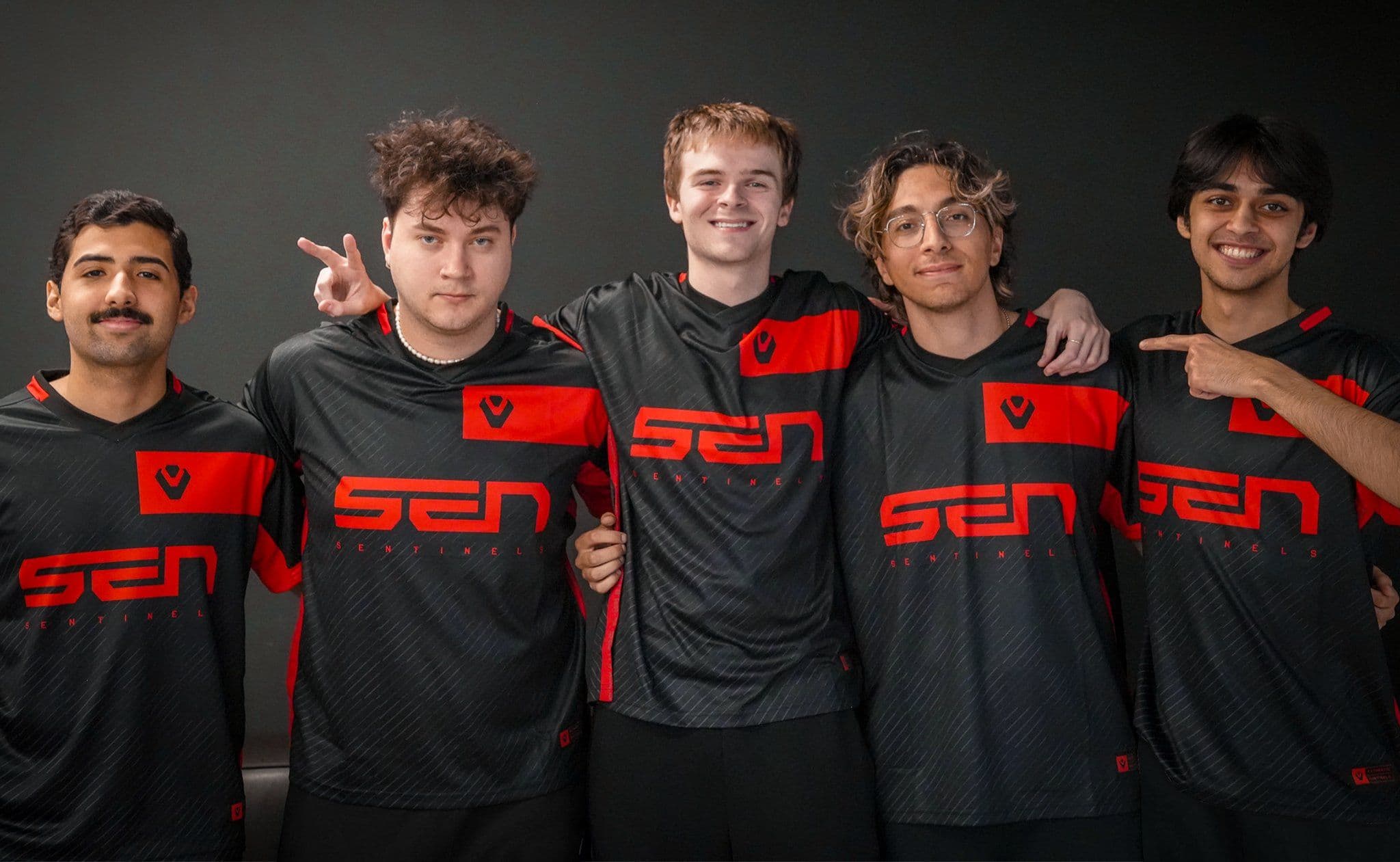

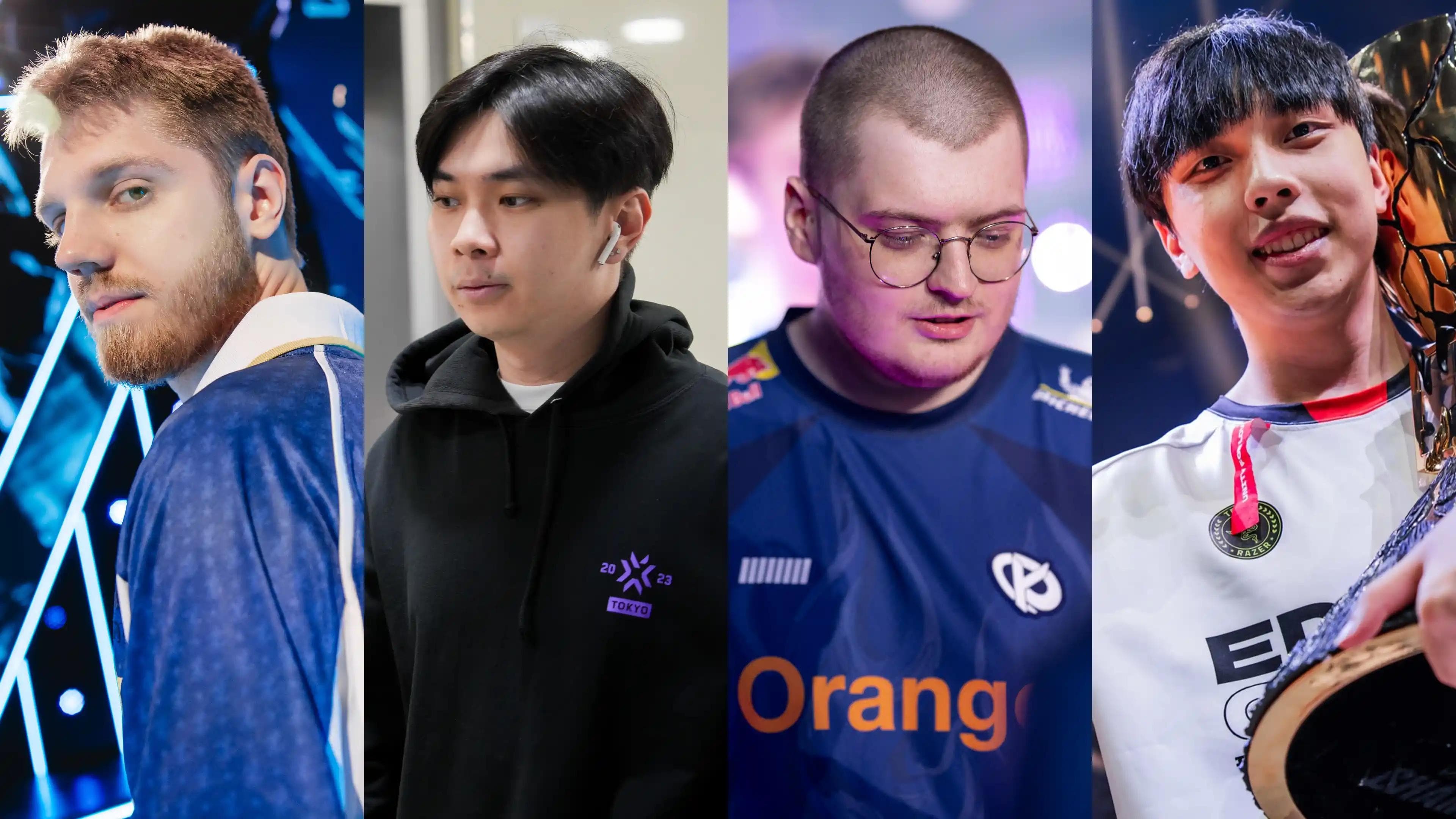
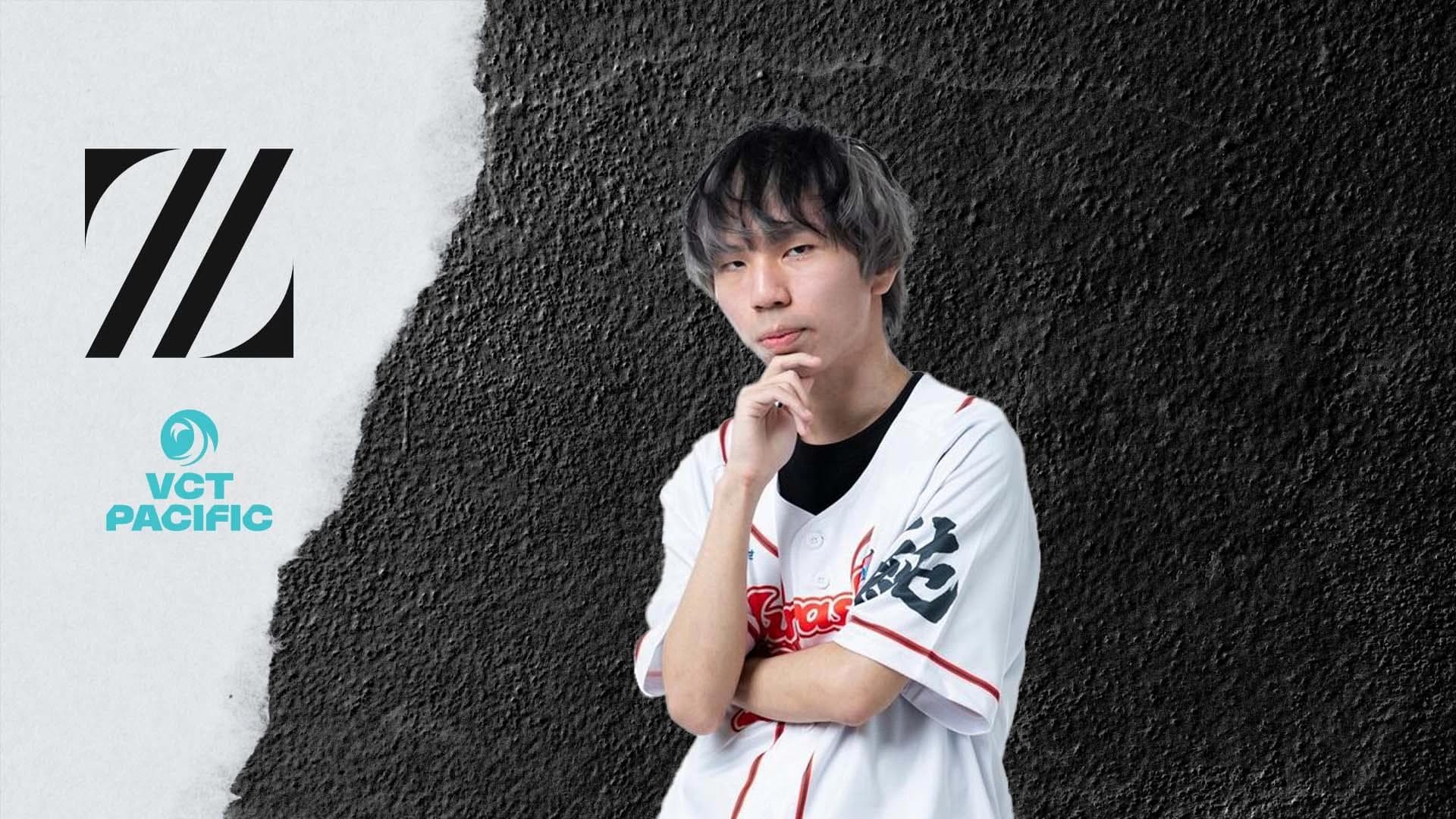
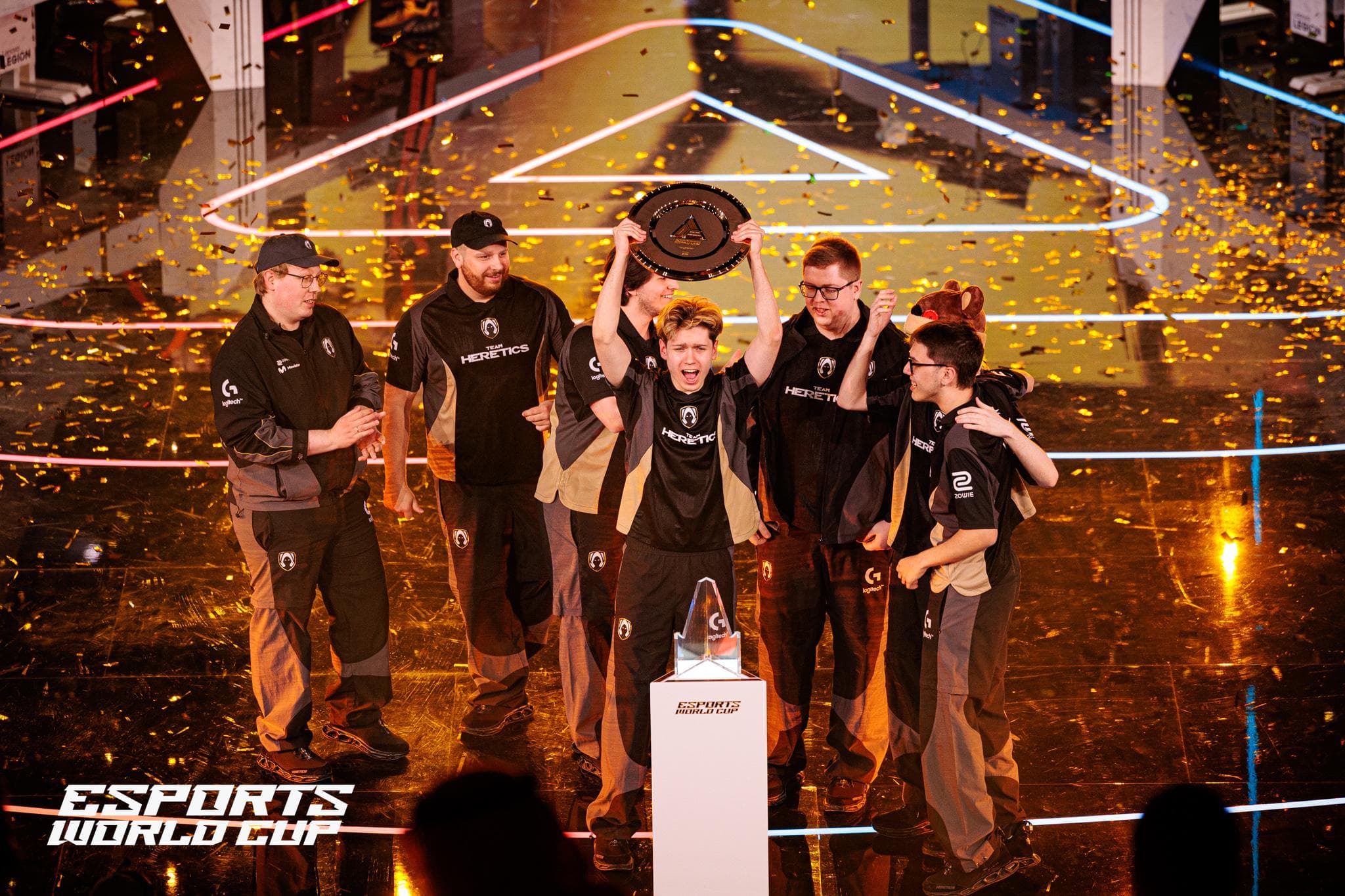
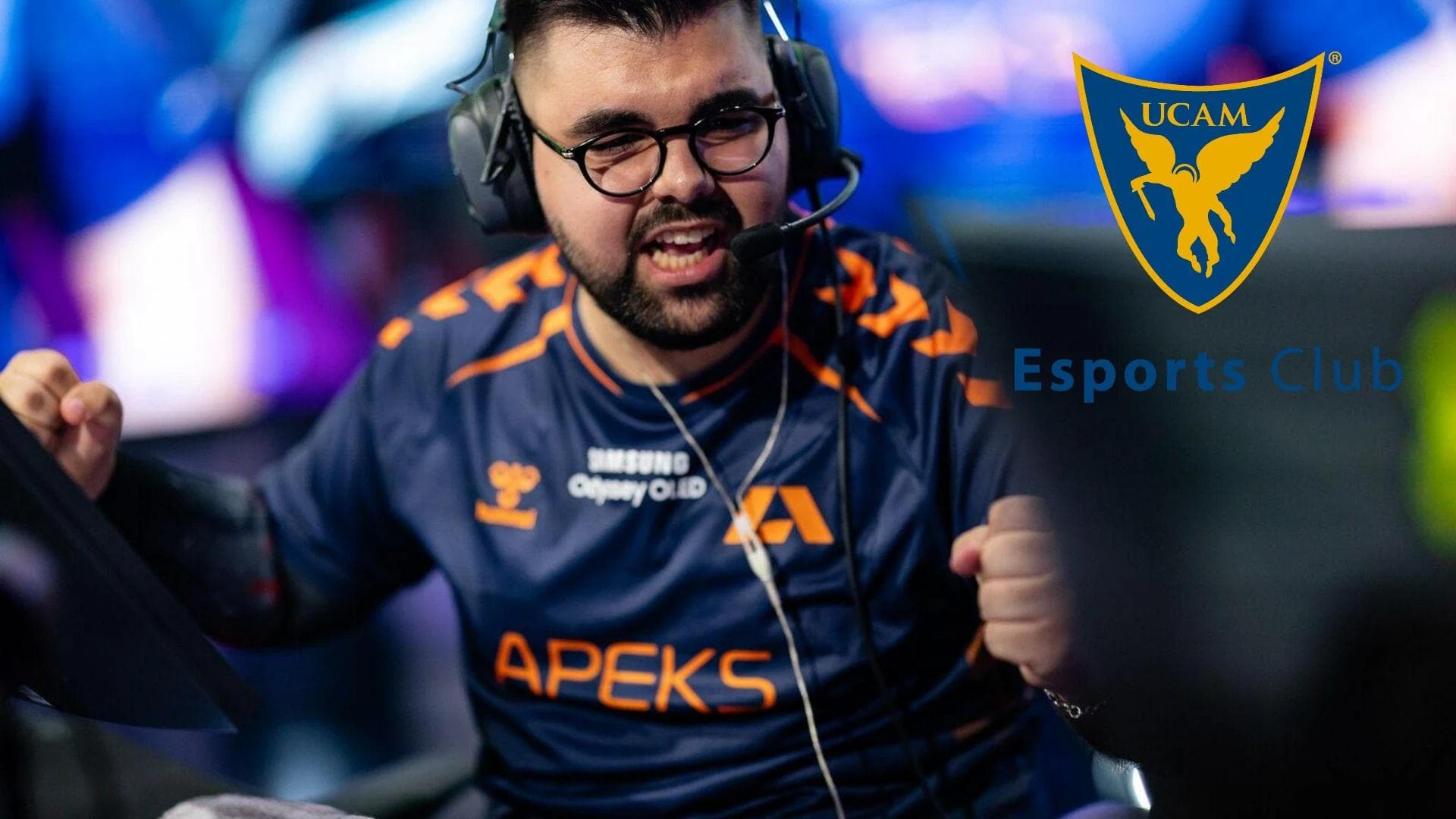
/Comments
Write a comment